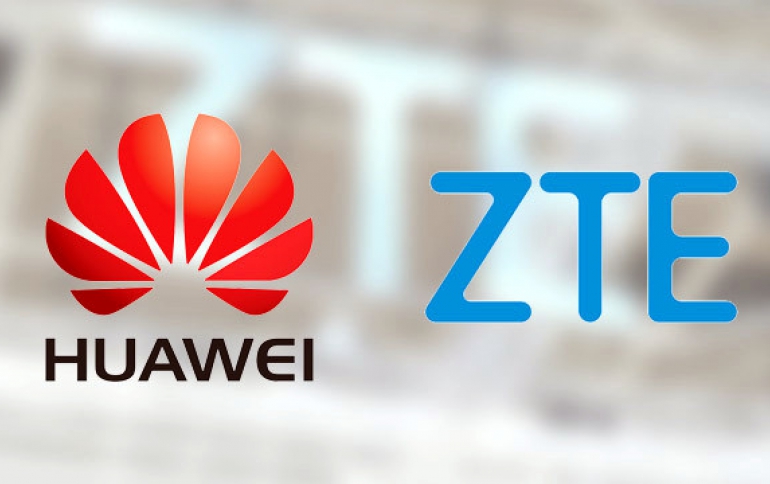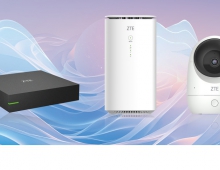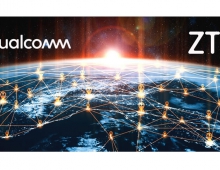
FCC Begins Collecting Data on Huawei and ZTE Equipment From U.S. Telecommunication Networks
The Federal Communications Commission today began collecting information from telecommunications carriers on the use of Huawei and ZTE equipment and services in their networks.
Huawei equipment is cheaper than competitors’ and is popular with smaller, rural U.S. telecommunications providers, which often rely on government subsidies.
The FCC in November adoptied a rule barring the use of Universal Service funds to purchase equipment and services from companies posing “a national security threat.” The FCC has proposed requiring carriers receiving Universal Service funds to remove and replace existing equipment and services from such companies. To mitigate the impact of this proposal on affected entities, and in particular small, rural carriers, the FCC has also proposed a reimbursement program to offset the transition costs. The latest FCC action initiates the process to collect information to aid in the design of a reimbursement program and inform any other potential FCC actions to protect the communications supply chain.
“Huawei and ZTE have been initially designated as threats to national security. Given that those designations may become final this spring, we are moving forward quickly to identify where equipment and services from these suppliers are embedded in our communications networks and, where they do have a foothold, to be in a position to help remove them,” said FCC Chairman Ajit Pai. “Today we’ve begun to collect the data we will need to protect our networks and protect the American people.”
Specifically, the FCC is collecting information from U.S. telecommunications carriers receiving Universal Service funds, known as eligible telecommunications carriers, and their affiliates and subsidiaries. This information includes whether carriers own or are using equipment or services from Huawei or ZTE; the type of such equipment or services; the costs associated with purchasing and/or installing such equipment and services; and the costs associated with removing and replacing such equipment and services.
The information collection is mandatory for eligible telecommunications carriers and their subsidiaries and affiliates and data must be submitted on or before April 22, 2020.
U.S. officials, diplomats and lawmakers have said Huawei and ZTE pose an espionage threat. The campaign has stumbled, with Britain and the European Union recently deciding that Huawei could play a role in their 5G networks.
Huawei and ZTE have denied they pose a risk. Huawei in a Feb. 3 filing said the FCC’s actions were designed to implement a campaign “by certain government officials” that want to “single out Huawei for burdensome and stigmatizing restrictions, put it out of business in the United States, and impugn its reputation.”





















